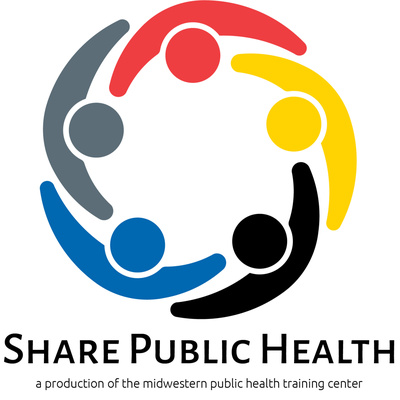This course is designed to introduce resources to find data and information to support environmental health and justice work. This course will also demonstration three free resources.
Intended Audience
Medical professionals, public health workers, first responders, students, and librarians wanting to help the public health and healthcare community find information on environmental health and justice.
Course Objectives
- Define environmental health and environmental justice.
- Identify tools to find data about environmental health disparities in your community, including EPA's EJ Mapping Tool and CDC Environmental Public Health Tracking.
- Search Medline Plus to find environmental health information for members of the public.
Length
The length of time for participants to take this course is estimated to be 1 hour.
Course Content
The course will cover the following:
- Environmental Health and Environmental Justice
-
Demonstrations of three databases
- CDC's Environmental Justice Dashboard
- EPA's EJ Screen
- Medline Plus
Competencies
Core Competencies for Public Health Professionals
Domain 1: Data Analytics and Assessment Skills
1.1 Describe factors that affect the health of a community
Domain 4: Health Equity Skills
4.7 Advocates for health equity and social and environmental justice
Domain 6: Public Health Science Skills
6.1 Uses evidence in developing, implementing, evaluating, and improving policies, programs, and services.
Presenter(s) and/or Content Experts:
Nora Barnett, Outreach Specialist, Network of the National Library of Medicine, Greater Midwest Region (GMR)
April Wright, Environmental Health Program Specialist, Network of the National Library of Medicine, Region 1
Jena Losch, MPH, Communications Team, Environmental Public Health Tracking Program, Division of Environmental Health Science and Practice
Acknowledgements
The following organizations collaborated on the development of this course: Hardin Library University of Iowa; Greater Midwest Region (GMR) Network of the National Library of Medicine (NNLM); University of Iowa College of Public Health Institute for Public Health Practice (UICPH-IPHP); and Midwestern Public Health Training Center (MPHTC).
This project has been funded in whole or in part with Federal funds from the National Library of Medicine, National Institutes of Health, Department of Health and Human Services, under Grant Number 1UG4LM012346-01 with The University of Iowa.







